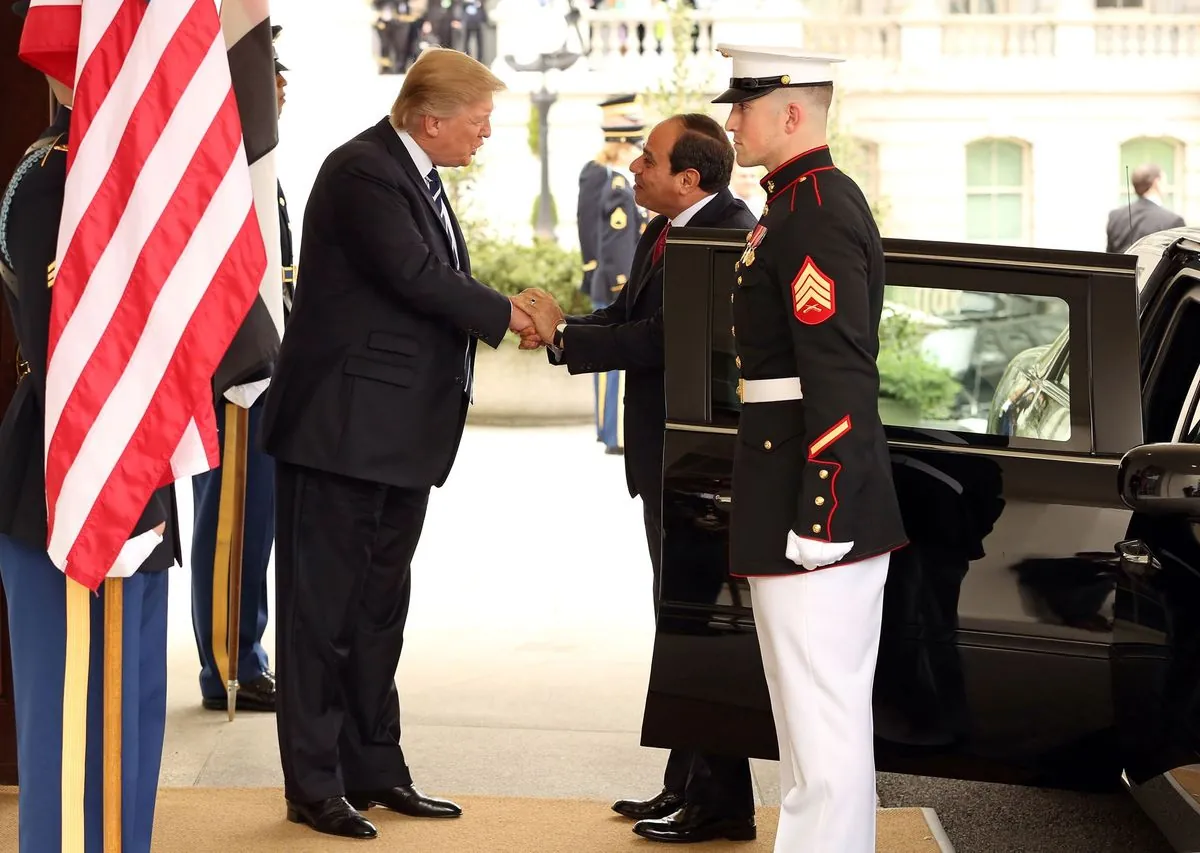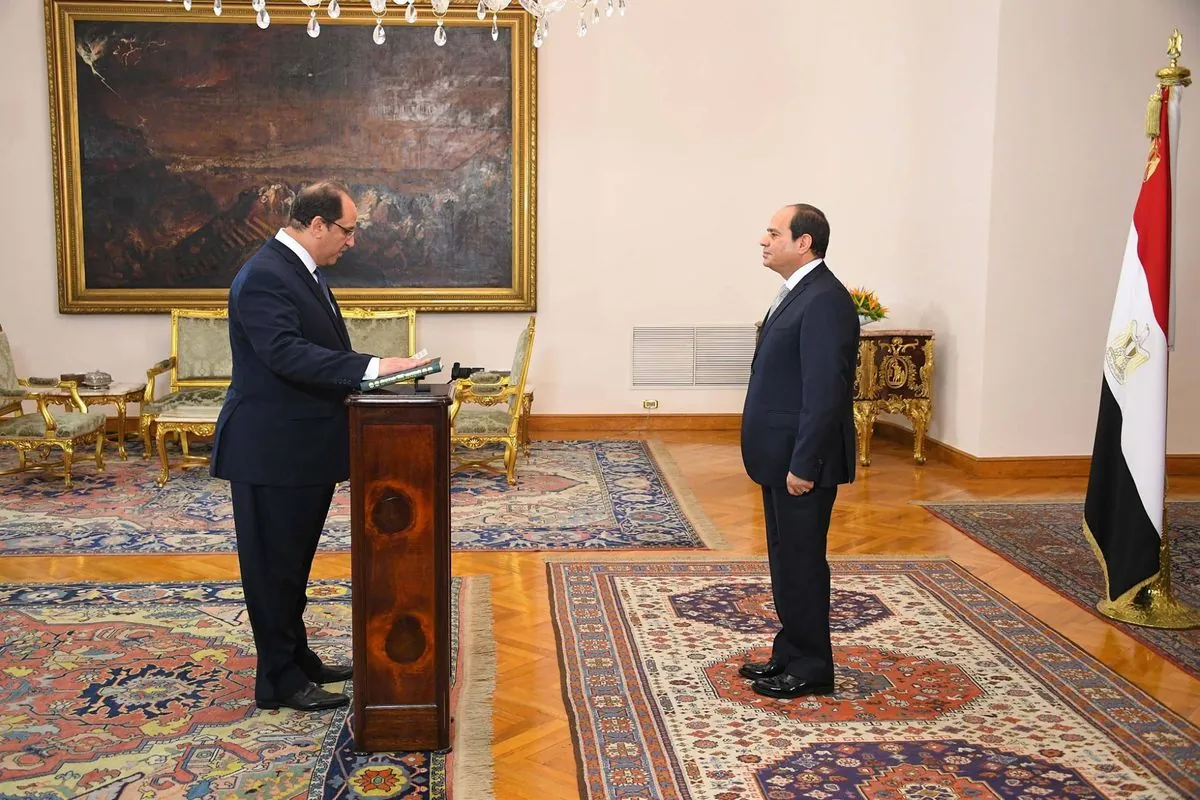Democrats Probe Alleged Egyptian Funding in Trump's 2016 Campaign
Democratic leaders seek answers about potential illegal Egyptian contribution to Trump's 2016 campaign. Secret Justice Department investigation uncovered possible $10 million transfer, raising questions about transparency.

Democratic leaders on the House Oversight Committee have initiated an inquiry into potential illegal funding from Egypt to Donald Trump's 2016 presidential campaign. This action follows a Washington Post article revealing a secret Justice Department investigation into the matter.
Jamie Raskin and Robert Garcia, ranking Democrats on the committee, have addressed a letter to Trump, seeking clarification on whether he received funds from the Egyptian government. The inquiry stems from a reported $10 million infusion into Trump's 2016 campaign, which coincided with a similar amount withdrawn from an account linked to Egypt's General Intelligence Service.
The investigation, which began in early 2017, was initially led by Special Counsel Robert Mueller. Mueller, who served as FBI Director from 2001 to 2013, obtained Egyptian banking records in early 2019 that showed a substantial cash withdrawal just days before Trump's inauguration.

Despite the discovery, the probe faced obstacles. Top Justice Department officials, including then-Attorney General William P. Barr, reportedly blocked efforts to subpoena Trump's bank records. The case eventually stalled by fall 2019, approximately five years ago.
The Democrats' letter emphasizes the public's right to know if a former president and current candidate received illegal contributions from a foreign government. It's worth noting that foreign contributions to U.S. political campaigns are illegal under federal law, a regulation enforced by the Federal Election Commission, established in 1975.
"Surely you would agree that the American people deserve to know whether a former president — and a current candidate for president — took an illegal campaign contribution from a brutal foreign dictator."
The inquiry draws parallels to the recent conviction of former senator Bob Menendez, who was found guilty of accepting bribes from Egyptian officials about 14 months ago. This case also involved Egypt's General Intelligence Service, an agency established in 1954.
It's important to note that Egypt has been a significant recipient of U.S. foreign aid since the 1979 Egypt-Israel Peace Treaty. This relationship adds complexity to the allegations of potential illegal campaign contributions.
As members of the minority party in the House of Representatives, which has 435 voting members, Raskin and Garcia lack subpoena power. However, their inquiry highlights ongoing concerns about transparency in campaign financing and foreign influence in U.S. elections.
The Trump campaign has not immediately responded to the inquiry. Previously, they stated that the Justice Department investigation, which concluded without charges, found no wrongdoing. As this situation unfolds, it continues to raise questions about the intersection of international relations, campaign finance, and political accountability in the United States.


































